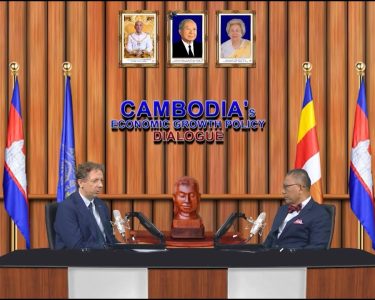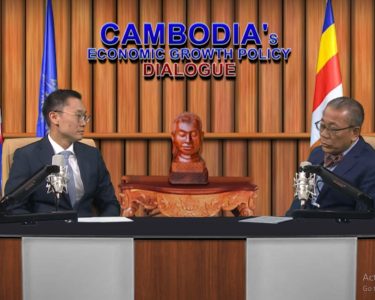Cambodia Investment Review
The 7th episode of the Cambodia Economic Growth Policy Dialogue examined how Cambodia and the United Kingdom can deepen cooperation in trade, finance, and education as the Kingdom prepares to graduate from Least Developed Country (LDC) status in 2029.
The event, hosted by H.E. Prof. Dr. Sok Siphana, Senior Minister in charge of Special Missions and Chairman of the Trade Policy Advisory Board (TPAB), featured H.E. Dominic Williams, Ambassador of the UK to Cambodia, and James Roberts, Partner and Head of Advisory Services at KPMG in Cambodia.
Speakers highlighted the evolution of bilateral relations—from early UK involvement in peace and mine clearance after the Paris Peace Accords, to development assistance in health and education, and now to a commercially driven partnership focused on trade, investment, and knowledge exchange.
Trade Relations Continue To Grow
Trade between the two nations now exceeds £1 billion annually. The UK is Cambodia’s seventh-largest export market, with garments, footwear, bicycles, rice, and cashews among the leading products.
Ambassador Williams noted that the UK’s Developing Countries Trading Scheme (DCTS) grants Cambodia tariff- and quota-free access on 99 percent of product lines. While LDC graduation will mean a shift away from these terms, Cambodia will still qualify for “enhanced preferences” covering more than 80 percent of tariff lines, including its main exports. A three-year transition will also cushion the impact.
Williams emphasized that success in the UK market—one of the world’s most demanding in terms of standards—signals Cambodia’s capacity to compete in other advanced economies, including the EU and Japan.
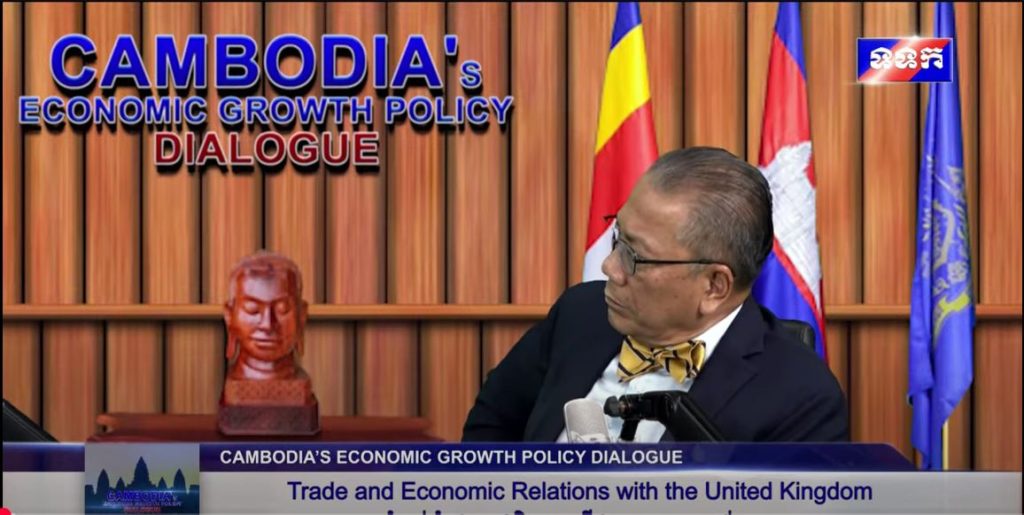
Financing Growth and Green Development
Roberts of KPMG underscored the importance of financial market innovation as traditional development finance tapers off. He highlighted securitization—the bundling of loans into investment products—as a tool to fund infrastructure, pensions, and new industries.
The UK government is also helping Cambodia build capital-market infrastructure through programs supporting green bonds and sustainable finance. Both Williams and Roberts pointed to renewable energy and logistics as critical areas for investment, noting that while Cambodia’s energy is relatively expensive, the country already sources more than 60 percent of its power from renewables.
UK-backed initiatives include pilot projects for solar irrigation and proposals for battery storage systems. A flagship idea under discussion is a “green special economic zone” developed with the Ministry of Economy and Finance, designed to integrate renewable energy and circular-economy principles from the start.
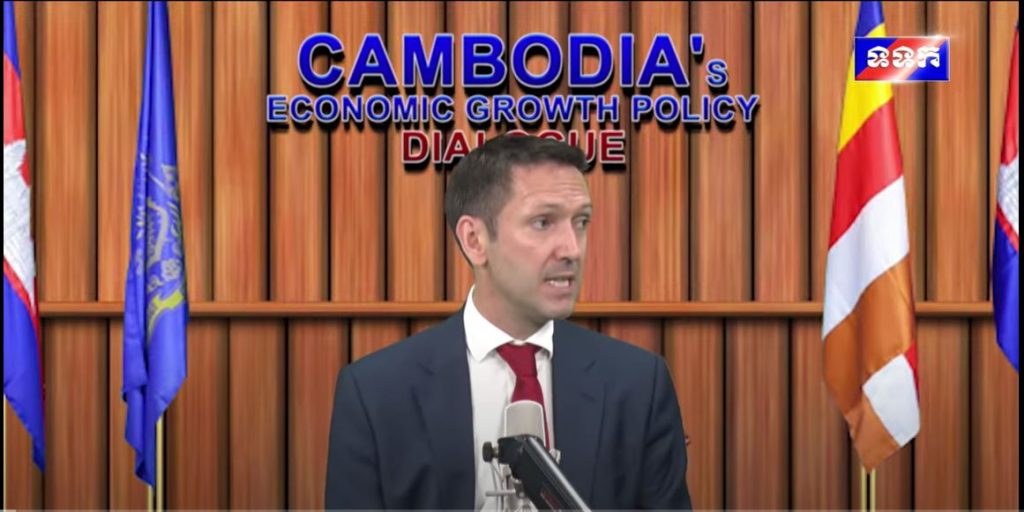
Key Opportunities For Cambodia–UK Cooperation
- Trade Growth: UK is Cambodia’s seventh-largest export market, with over £1 billion in annual trade.
- Post-LDC Market Access: Cambodia will shift from LDC-level preferences to enhanced preferences, keeping tariff-free access for most exports.
- Financing Tools: Securitization and UK export finance can unlock capital for infrastructure and industry.
- Green Energy: Cooperation in solar, battery storage, and a green special economic zone can strengthen competitiveness.
- Education Expansion: New British schools and universities in Phnom Penh are building a skilled workforce.
Education and Workforce Development
Education was identified as a pillar of long-term growth. In recent years, several UK-branded international schools have opened in Phnom Penh, alongside two universities: De Montfort University and Teesside University. These institutions offer full UK degree programs locally, giving Cambodian students access to global standards at lower costs while keeping them close to home.
Roberts noted that KPMG has already welcomed Cambodian students from De Montfort University into internship programs, demonstrating how quickly international education partnerships can link to the private sector.
Williams added that the number of Cambodian students studying in the UK has doubled in the past five years, reinforcing education as both a commercial and cultural bridge.
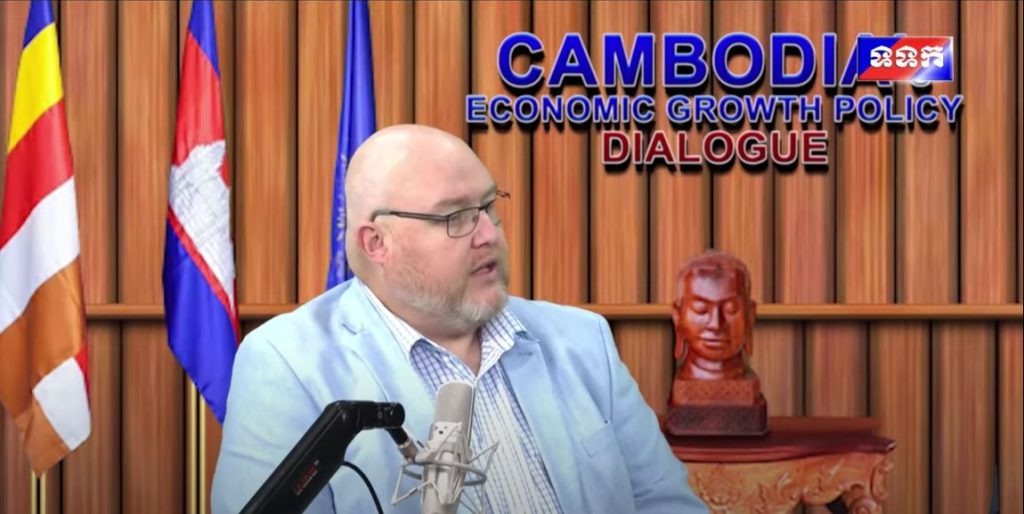
Outlook: A Partnership Of Equals
The Dialogue framed Cambodia–UK ties as having matured into a partnership of equals. Ambassador Williams emphasized that the UK now sees trade and investment as its most impactful contribution to Cambodia’s growth. With two years remaining in his term, he committed to focusing on tangible outcomes in finance, green development, and education.
Sok Siphana closed the session by stressing that in less than one generation Cambodia has advanced from post-war reconstruction to being recognized as an equal partner by one of the world’s major economies. As the country works toward Vision 2050, UK collaboration in trade, finance, and skills development will remain central to sustaining growth and ensuring competitiveness.



